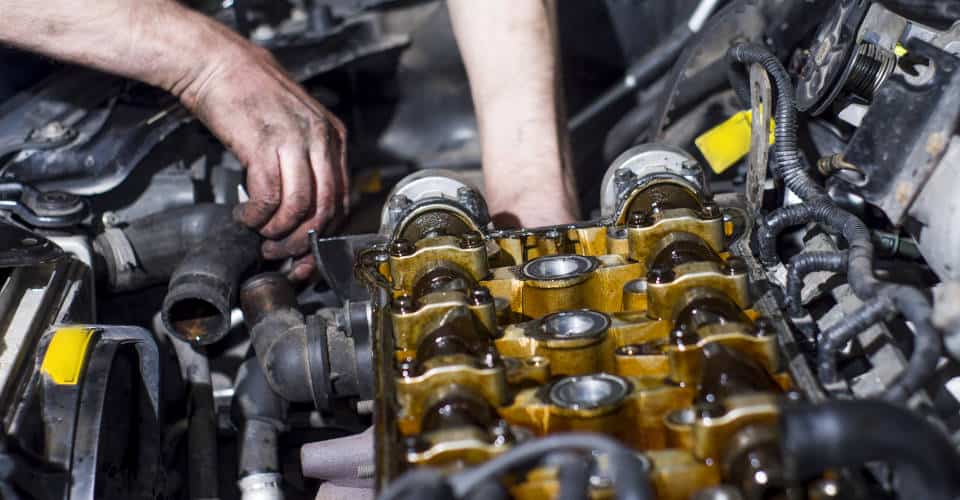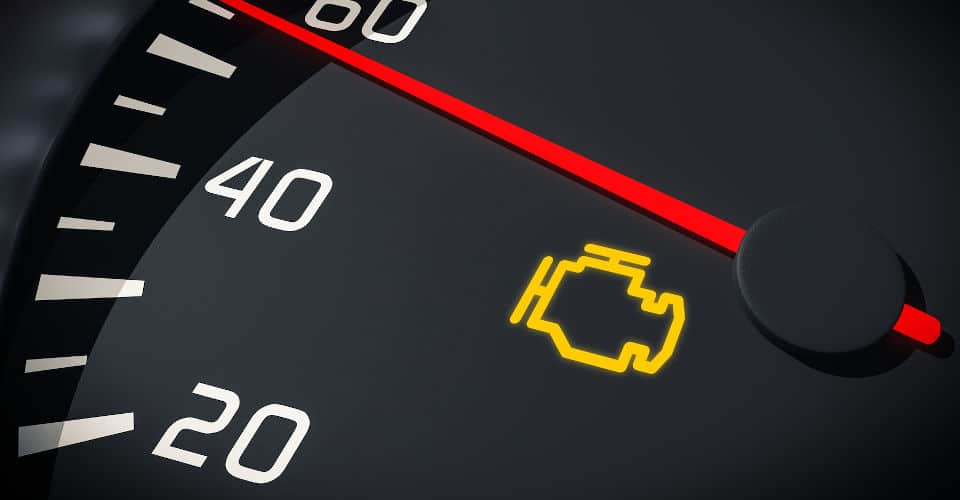



Understanding Crankcase Ventilation Filters: What You Need to Know
Engine “blow-by” is that pesky combustion gas sneaking past the pistons and chilling in the crankcase. A little bit of blow-by is normal, but too much? That’s a recipe for engine trouble thanks to rising internal pressure. Luckily, the closed crankcase ventilation (CCV) system swoops in to save the day by venting this pressure out or recycling it back into the engine. But first, it needs to be cleaned up.
What Does a Crankcase Breather Filter Do?
A CCV filter, often called a “breather” filter or oil separator, is like the bouncer for blow-by gas. It cleans up the mess before sending it back into the engine. Over time, these filters can get clogged, which messes with airflow and can lead to headaches like oil leaks or a high idle.
This guide dives into the nitty-gritty of breather filters—how they work, signs of trouble, and what it’ll cost to replace them. Plus, there are some common questions about CCV filters that need answering:
- How often should a crankcase filter be changed?
- What happens if the CCV filter isn’t replaced?
- Is a crankcase breather filter really necessary?
How a Crankcase Vent Filter Works

The crankcase ventilation system is all about managing pressure and cutting down on exhaust emissions. It’s pretty straightforward—usually just a one-way valve, a tube, and a suction source. When pressure builds up in the crankcase, the system vents the excess blow-by through the positive crankcase ventilation (PCV) valve.
This blow-by then passes through the CCV filter or oil separator. The filter’s job is to kick out dirt and other particles from the blow-by. Oil fumes get trapped in the filter’s porous mesh before heading back to the oil sump.
Once the blow-by is cleaned up, it either gets released into the atmosphere or sent back through the engine via the exhaust gas recirculation (EGR) system.
4 Symptoms of a Bad Crankcase Ventilation Filter
1. Excessively High Idle
When the engine is idling high, it’s like the motor is revving up for a race. This could mean a clogged crankcase filter is restricting airflow, causing a vacuum leak. Less airflow messes with the air-fuel mix, which can lead to that annoying high idle.
2. Check Engine Light

If the check engine light pops on, it could be a sign that the crankcase breather filter is acting up. The light usually means there’s a blockage, throwing off the air-fuel mix. This can lead to running rich (too much fuel) or running lean (too much air).
3. Oil Leaks
When blow-by can’t escape the crankcase, it builds up pressure that can push motor oil through seals and gaskets, leading to leaks. These leaks are not just bad for the environment; they can also damage the engine. Look for signs under the hood rather than under the car—most leaks will show up near the air intake.
4. Reduced Engine Performance

A clogged crankcase breather filter can also lead to sluggish engine performance. If the car hesitates when hitting the gas, especially during hard acceleration, it might be time to swap out that CCV filter. Other signs of a wonky air-fuel mix include a gas smell, poor fuel economy, or engine misfires.
Crankcase Vent Filter Replacement Costs
Crankcase vent filters can’t be fixed—they need to be replaced. The filter itself will set someone back about $100 to $180 at local or online auto parts stores. Labor costs usually run about $75 to $130 per hour, depending on whether it’s a dealer or a smaller shop. So, total replacement costs can range from $175 to $310.
Replacing a CCV filter isn’t rocket science, so if there’s a bit of mechanical know-how, it’s totally doable as a DIY project.
Crankcase Vent Filter: FAQ
How Often Should the Crankcase Filter Be Changed?
Generally, it’s a good idea to swap out the CCV filter every time spark plugs are changed, which is usually every 60,000 to 75,000 miles, depending on the vehicle. Checking the owner’s manual for specific intervals is always smart.
What Happens If the CCV Filter Isn’t Changed?
Neglecting a clogged crankcase vent filter won’t cause an instant breakdown, but it’ll put extra strain on the engine. Seals and gaskets will wear out faster, leading to oil leaks. Plus, fuel costs will go up since the engine won’t be running efficiently.
Do I Need a Crankcase Breather Filter?
Absolutely! A CCV filter is essential for managing excess blow-by and crankcase pressure. Early car designs used a simple vent, but that led to excessive oil consumption, so the breather filter became a must-have.


![What Is the Color of Gasoline? [Straightforward Explanation]](https://autocheep.com/wp-content/uploads/2025/06/What-Color-Is-Gasoline-150x150.jpg)
![Car Stereo Powers On but No Sound from Speakers? [Solution]](https://autocheep.com/wp-content/uploads/2025/06/Car-Stereo-Has-Power-But-No-Sound-From-Speakers-150x150.jpg)